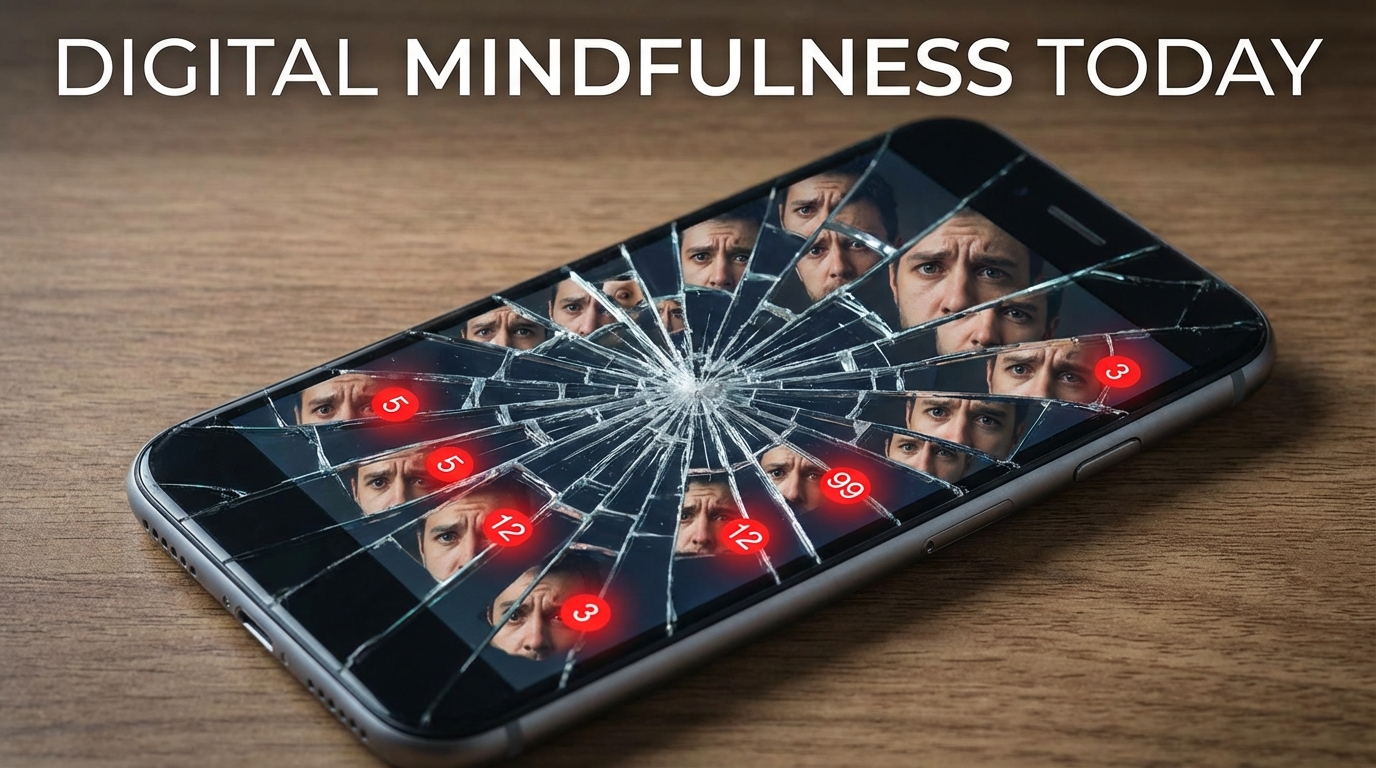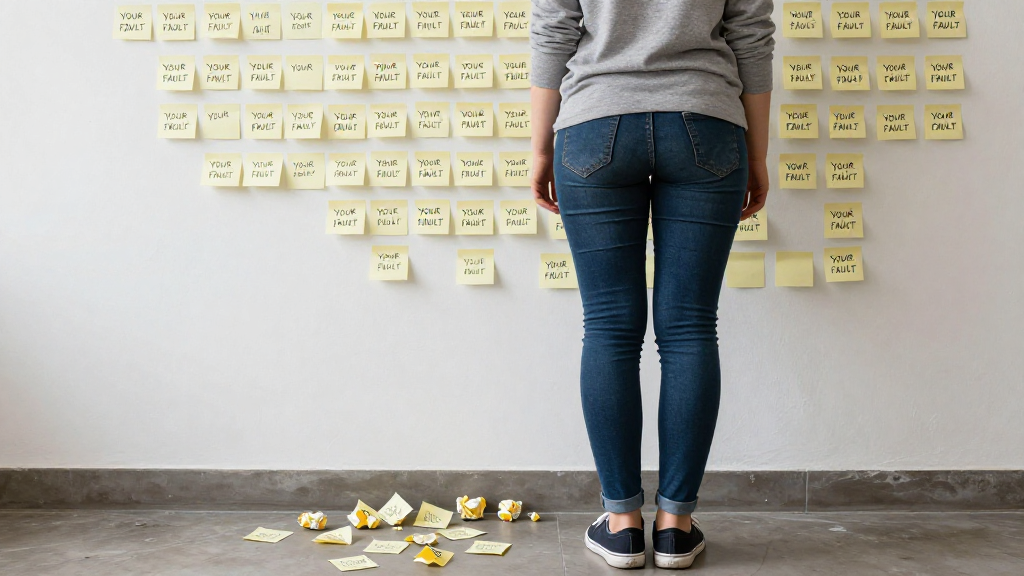Free PDF Guide:
GRAB ITFREE PTSD QUIZ
Building Trust After Trauma: Expert Strategies for Moving Forward

Have you ever been betrayed by someone you trusted?
That feeling of shock and disbelief, the sinking sensation in your stomach as you realize that someone you believed in has let you down.
Now imagine that feeling amplified tenfold.
That's what it's like to experience trauma and have your sense of trust shattered.
The impact of trauma on trust can be profound, leaving people feeling isolated, anxious, and alone.
But there is hope. By exploring the ways in which trauma affects trust, we can begin to understand how to rebuild it.
Join us on a journey to understanding the impact of trauma on trust and how we can start to heal. Discover the key factors that can contribute to trust issues and learn about the coping mechanisms that can help us build resilience and form meaningful relationships.
Understanding how trauma affects trust is crucial for both those who have experienced trauma and those who care for them.
In this article, we will explore some of the key ways that trauma can affect our ability to trust, and introduce you to ten related articles that delve deeper into these topics.
Article 1: The Brain's Response to Trauma: Why We Struggle to Trust
Trauma can make it hard to trust people. It messes with the way our brain works and can make us feel less secure around others.
This can make it tough to form close relationships and can even make us feel alone.
If you want to learn more about how trauma affects our brain and our ability to trust, you should check out our article on the neurobiology of trauma and trust. We'll explain everything in plain and simple terms.
Article 2: Building Secure Attachments After Trauma
Did you know that the trauma you experienced as a kid can affect how you connect with others? It can make you more anxious or avoidant in your relationships, which can make it hard to trust people.
That's why it's important to understand how trauma affects our attachment styles. To learn more about this topic, check out our article. We'll explain how trauma impacts attachment and give you tips on how to build healthier relationships despite past experiences.
Article 3: Behind the Mask: The Effects of Trauma on Trust
Trauma can mess with our ability to trust others, even if they didn't cause the trauma.
This can cause problems in our relationships, like struggling to open up or dealing with intense emotions. Want to know more? Check out our article on how trauma can affect our ability to trust.
Article 4: Childhood trauma and adult trust issues
You know, bad stuff that happens when we're kids can stick with us as adults. It can make it tough for us to trust other people, like really trust them.
Sometimes we can't get close to anyone, and other times we just can't trust anyone at all.
If you want to learn more about how childhood trauma can affect our ability to trust others when we grow up, check out our article. It's full of useful info and insights on this important topic.
Article 5: How Complex PTSD Affects Trust and Relationships
If you've been through complex PTSD, you might struggle with trusting others. It can be hard to form close relationships and you may feel lonely and isolated. We've got an article all about trust dysregulation in complex PTSD.
It explains this issue in detail and can help you learn more about it. So, if you want to understand more about trust dysregulation and how it affects people with complex PTSD, give our article a read!
Article 6: Is Your Memory Making You More Susceptible to Trust Erosion
Sometimes, memory can make it hard to trust others after a traumatic experience. It can mess with how we remember things and make it harder for us to trust people. If you want to learn more about how memory affects trust, check out our article on the topic.
Article 7: Overcoming Trust Issues in Trauma-Related Dissociation
Trauma-related dissociation can also contribute to trust issues.
When something really bad happens, sometimes our minds can disconnect from what's happening as a way to protect us.
But this can make it hard to remember what happened, which can lead to issues trusting people and dealing with our emotions.
If you want to know more about how this works, we've got an article on how dissociation can cause trust problems.
Article 8: Overcoming trauma's impact on social life.
When we go through a tough time, like trauma, it can affect our relationships with others.
We might feel like we're alone and ashamed, making it harder to connect with people. If you want to know more about how trauma affects our social support networks, check out our article!
Article 9: Navigating the Cultural Landscape of Trauma and Trust
Taking into account the cultural context of trauma and trust is crucial.
Cultural beliefs and values can significantly influence how we perceive trust and create connections with others. T
o learn more about the impact of cultural context on trauma and trust, we recommend reading our insightful article on culture and it's impact on trauma.
Article 10: Healthy Coping mechanism for Trauma
It can be overwhelming and challenging to navigate the aftermath of a traumatic event.
However, there are coping mechanisms and strategies that can help you rebuild trust and create a sense of safety and security in your life.
In our special article, we delve into evidence based topics on healthy coping mechanisms for trauma discover how you can begin to move forward.
In conclusion, understanding the impact of trauma on trust is crucial for those who have experienced trauma and those who care for them. By exploring the various ways that trauma affects our ability to trust, we can begin to address the root causes of these issues and start to heal.
We've discussed the neurobiology of trauma, the influence of attachment styles, and the impact of childhood trauma on adult trust issues. We've also explored the effects of trauma on memory, social support networks, and cultural context.
Finally, we've discussed the effects of PTSD on neuroplasticity and how this can impact our ability to heal and recover.
As we look to the future, it's clear that there is much work to be done to address the impact of trauma on trust. But with increased awareness and understanding, we can start to build a world where trauma survivors can heal and trust again.
DFMMasterclass
How to deal with a difficult family member
References
- Freyd, J. J. (1996). Betrayal Trauma: The Logic of Forgetting Childhood Abuse. Harvard University Press.
- Herman, J. L. (2015). Trauma and Recovery: The Aftermath of Violence. Basic Books.
- Mikulincer, M., & Shaver, P. R. (2007). Attachment in Adulthood: Structure, Dynamics, and Change. Guilford Press.
- van der Kolk, B. A. (2014). The Body Keeps the Score: Brain, Mind, and Body in the Healing of Trauma. Viking.
- Johnson, S. M. (2008). Hold Me Tight: Seven Conversations for a Lifetime of Love. Little, Brown Spark.




